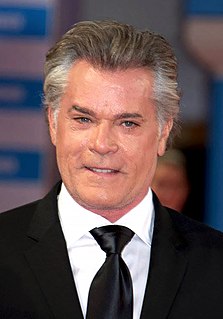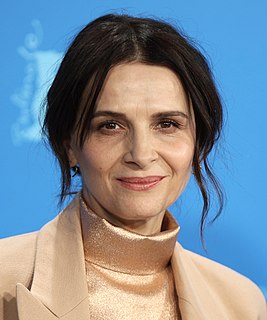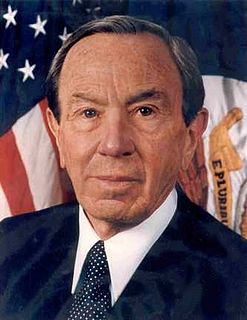A Quote by Ray Liotta
Not all journalists are really journalists. They ask such stupid questions sometimes, especially the newer ones, and because... these people can't tell if you're joking around, you just can't have any sense of humour; you really can't.
Related Quotes
Journalists in newspapers and in many magazines are not permitted to be subjective and tell their readers what they think. Journalists have got to follow a very strict formulaic line, and here we come, these non-fiction writers, these former journalists who are using all the techniques that journalists are pretty much not allowed to use.
Many journalists now are no more than channelers and echoers of what Orwell called the official truth. They simply cipher and transmit lies. It really grieves me that so many of my fellow journalists can be so manipulated that they become really what the French describe as functionaires, functionaries, not journalists.
When you're in the public eye, it allows people to see you inhumanely. There's this idea that you have to take the abuse. And when younger journalists, especially young female journalists, ask me how I handle social media, I hate myself when I have to tell them to condition themselves and develop a thick skin.
I consistently encounter people in academic settings and scientists and journalists who feel that you can't say that anyone is wrong in any deep sense about morality, or with regard to what they value in life. I think this doubt about the application of science and reason to questions of value is really quite dangerous.
I think that all journalists, specifically print journalists, have a responsibility to educate the public. When you handle a culture's intellectual property, like journalists do, you have a responsibility not to tear it down, but to raise it up. The depiction of rap and of hip-hop culture in the media is one that needs more of a responsible approach from journalists. We need more 30-year-old journalists. We need more journalists who have children, who have families and wives or husbands, those kinds of journalists. And then you'll get a different depiction of hip-hop and rap music.



































